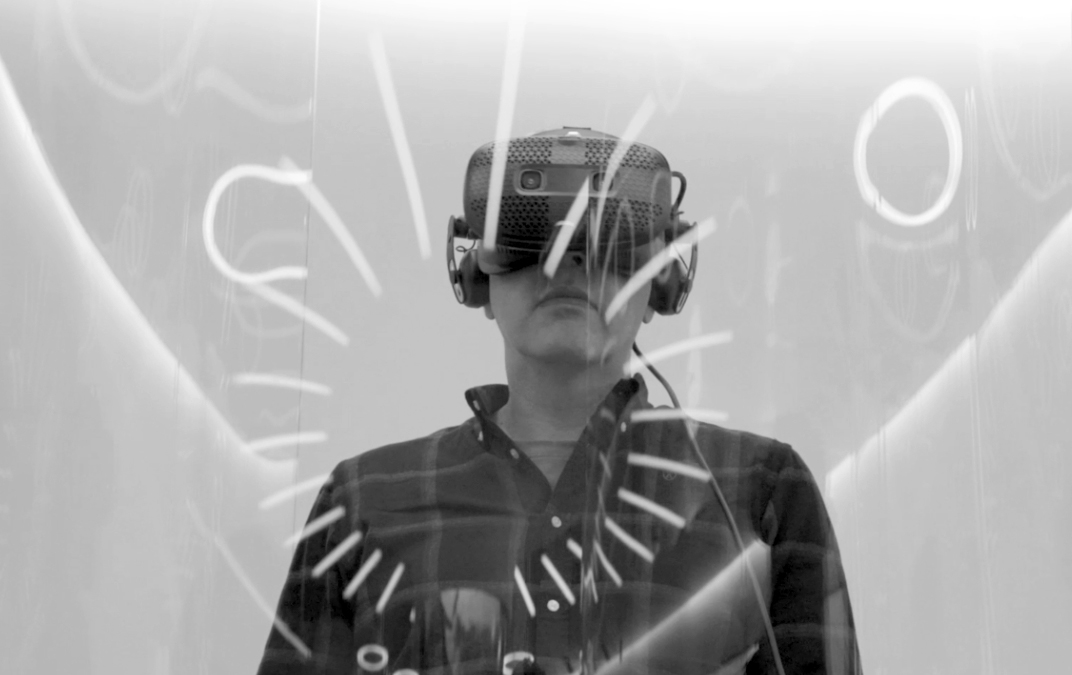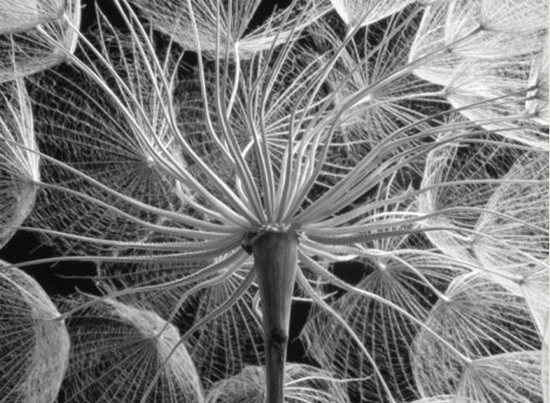The ChatGPT Lions
- Date
- Written by Carlos Sanz de Andino
A piece by Carlos Sanz de Andino for Anuncios magazine.
Tools we can’t even imagine yet, but that are just around the corner, are harbingers of a future of shared creation. They will be an invaluable resource for creators, making them better, faster, bolder… without ever replacing them.
Recently, Perla and Lola, two of the agency’s junior creatives, entered the Young Lions Competition. Paralysed by an acute case of creator’s block, after several bouts of desperate laughter, distraught sobbing and wondering why they hadn’t listened to their parents’ advice about choosing a proper profession, they asked ChatGPT to give them a helping hand, albeit an artificial one. Anyone who’s tried ChatGPT knows that its willingness to help would put the most obsequious butler to shame and that its friendliness rivals that of TGI Friday’s jovial waiters:
“Certainly! Here’s an idea for a campaign that could win a Golden Lion at the Cannes Film Festival!”
Not silver, not bronze, mind you: gold.
“Title: ‘The Silent Orchestra’”.
Objective: raise awareness about the accessibility of live events for hearing-impaired individuals (…)
“Implementation: testimonials showing the daily challenges of hearing-impaired musicians (…), an interactive site where users can experience music through vibration technology, and view it in real time (…)”
At this point, the machine had already won me over, what with ‘objective’, ‘concept’ and ‘The Silent Orchestra’, a title that has ‘award-winning’ written all over it.
— Execution: testimonials showing the daily challenges of hearing impaired musicians (...), an interactive site where users can experience music through vibration technology, and real-time visualization (...)
“Impact: strong social impact in terms of the inclusion of the hearing impaired…, etc.”
I don’t know many professionals who can structure and defend a presentation so well. All that was missing was the video case. And all with the self-confidence befitting a David Droga:
“This idea combines innovation, social impact and creativity, all of which are highly regarded at Cannes Lions”.
But Perla and Lola didn’t settle for the first idea. Another advantage of ChatGPT is that it doesn’t get discouraged when you tell it to tweak things a bit; on the contrary, it even seems to get a kick out of the challenge.
“Certainly! Here’s another idea that could win a Golden Lion at Cannes!
Title: ‘Reverse Graffiti’” (…)
Meanwhile, elsewhere in the world, Boris Eldagsen won the prize for best creative photograph at the prestigious Sony World Photography Awards, with his intimate and human work ‘Pseudoamnesia: The Electrician’. But he shocked the world by refusing to accept the prize and announcing that he had relied on the help of DALL-E 2 to generate the image. Honest Boris said his intention in entering the work was to find out whether panels were prepared to detect AI, and the answer was clear:
“They are not”.
At the same moment, a rather more modest panel, tasked with judging a short story competition at a secondary school in Valencia, discovered that it wasn’t prepared either. The winning entries were suspiciously flawless at a technical level. They imitated the style of Arturo Pérez Reverte with the precision of a Japanese violinist. Too perfect, too vivid for teenagers who had never heard bullets whistling over their heads in Lebanon or the Balkans. The school couldn’t say anything; what if their students were budding best-selling authors after all? However, I am told that next year many schools are going to hold their literature or drawing competitions in person, under close human supervision.
It’s clear that ChatGPT, Midjouney, DALL-E, Runway, Murf and all the tools to come that we can’t even imagine are harbingers of a future of shared creation. They will be an invaluable resource for creators, making them better, faster, more daring… without ever replacing them, because a work like Pseudoamnesia can only be achieved if the person guiding the AI has Eldagsen’s sensitivity and technical knowledge. But this is not photography. This is something else. Its value is different. But what is its value? How should it be judged? Who should judge it? And most importantly, at what point will we reach a point where co-creation is absolutely undetectable?
Perla and Lola submitted an idea of their own to Cannes and didn’t win; Boris submitted an AI-generated work to the Sony Awards and won, though he owned up; the teenagers won their short story competition, but we’ll never be sure how.
AI undoubtedly has a bright future, but one that is also full of grey areas.

